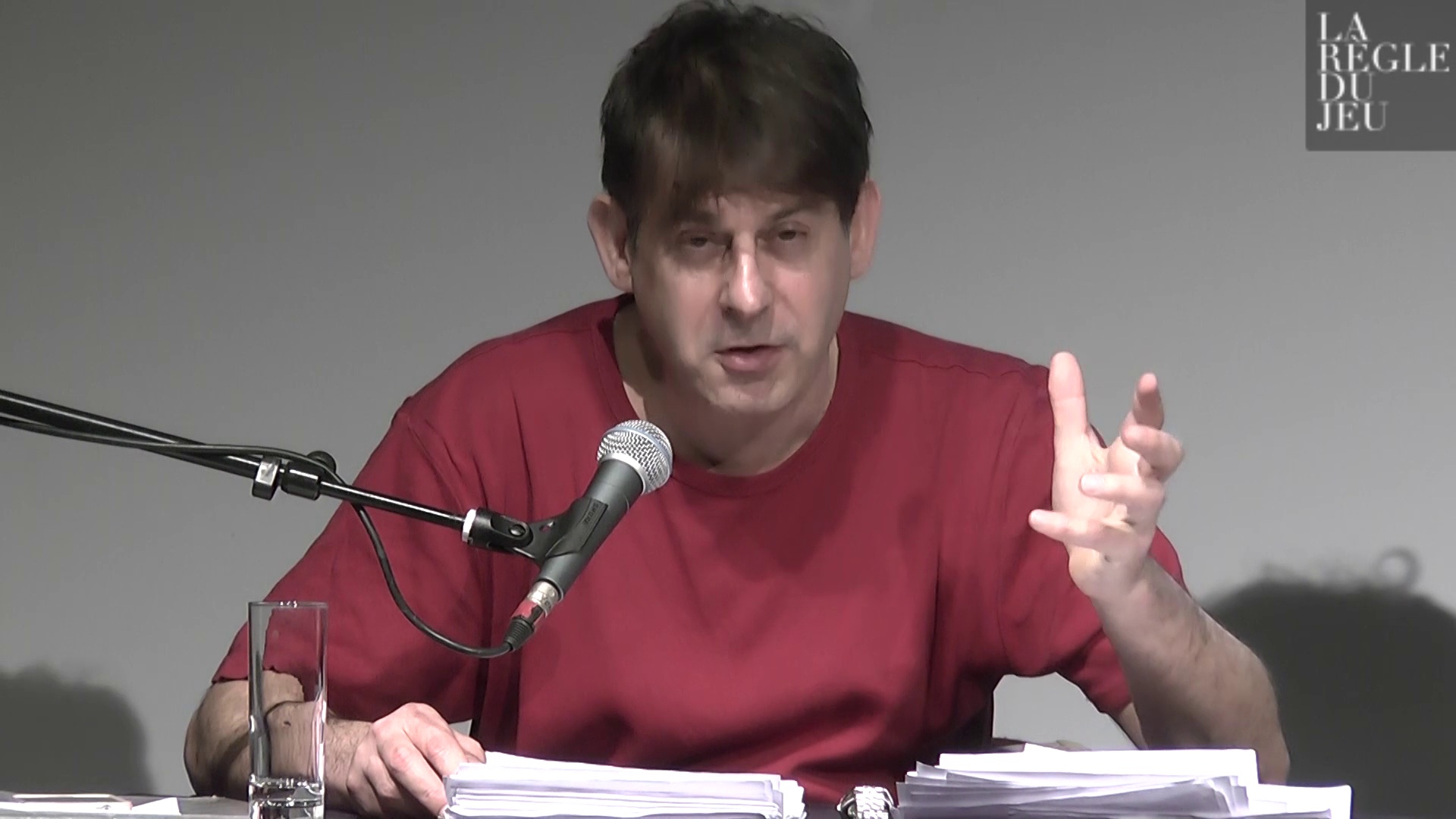

It situates him as a connoisseur of the greatest literary-philosophical era in German history, the time from 1749, the year of Goethe’s birth, to 1939, the date when Hitler destroyed an intellectual and artistic culture that had been the wonder and envy of less cerebral nations and shows him wanting to rescue its astonishing creative individualism and perpetuate it. It’s Safranski’s work on Goethe and Schiller meanwhile that is his ultimate anchor. The book we know is rather Martin Heidegger Between Good and Evil, an evident companion volume to Safranski’s Nietzsche A Biography of his Thinking. I quote the German title here because its inspiration, an eerie quote, ‘A Master from Germany’, from a poem about Heidegger by Paul Celan, didn’t travel well into English. His monographs on Goethe, Schiller, Nietzsche and Heidegger, plus studies of German Romanticism, and of Schiller or the Invention of German Idealism, haven’t all been translated into English, but there can hardly be an anglophone reader interested in the topic who doesn’t know the English version of Safranski’s Ein Meister Aus Deutschland Heidegger und seine Zeit. In the anglophone world we know him more as a biographer than a philosopher. Together with his many prizes, the highly rated television programme, Philosophisches Quartett, ‘The Philosophical Quarter’, he has presented with Peter Sloterdijk, since 2002, has secured his name. Rüdiger Safranski is one of the best-known philosophers in contemporary Germany.


 0 kommentar(er)
0 kommentar(er)
